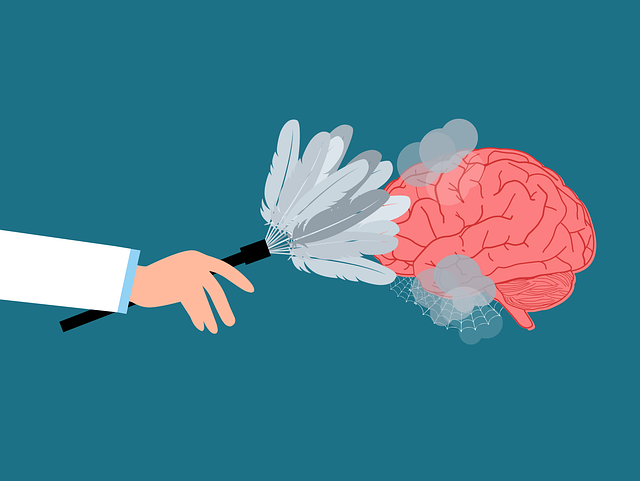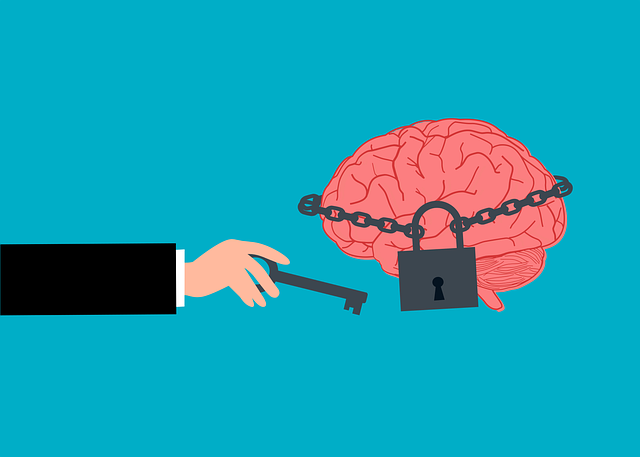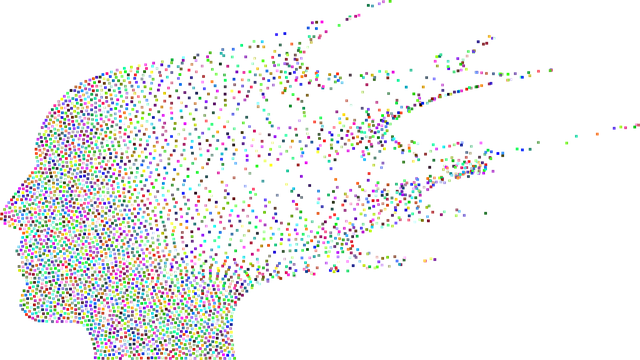Children with Attention Deficit Hyperactivity Disorder (ADD-ADHD) face social challenges due to unique cognitive traits. Therapy for Children ADD-ADHD focuses on teaching essential skills like non-verbal cue interpretation, conversation engagement, and social norms understanding. This includes addressing executive functioning deficits, enhancing focus, and promoting self-care. Role-playing, open communication, and structured practice environments empower kids to navigate social situations with confidence. Mental health policy advocacy integrates accessible Mental Wellness Coaching Programs into educational settings, breaking stigmas and supporting social development. A supportive environment, led by patient, understanding parents, utilizes strategies like consistent routines and mindfulness exercises to foster positive mental health outcomes for children with ADD-ADHD.
Social skills training is a powerful tool in managing mental health conditions, especially for children with ADD/ADHD. This article delves into the significance of social competence and its impact on overall well-being. We explore therapy’s role in fostering social development for these individuals, offering practical strategies to enhance interactions. Additionally, we provide tips for parents and caregivers to create a supportive environment, emphasizing the importance of early intervention and continuous support. Discover how targeted interventions can transform social lives and improve mental health outcomes for children with ADD/ADHD.
- Understanding Social Skills and Their Impact on Mental Health
- The Role of Therapy in Developing Social Competence for Children with ADD/ADHD
- Practical Strategies for Enhancing Social Interactions
- Creating a Supportive Environment: Tips for Parents and Caregivers
Understanding Social Skills and Their Impact on Mental Health

Social skills are fundamental for human interaction and play a pivotal role in an individual’s mental health and overall well-being. They encompass a range of behaviors, such as communication, empathy, and appropriate social behavior, which enable us to connect with others, build relationships, and navigate social situations successfully. For individuals dealing with mental health conditions, particularly children with Attention Deficit Hyperactivity Disorder (ADD-ADHD), the absence or difficulty in mastering these skills can significantly impact their emotional well-being.
In light of this, therapy for children with ADD-ADHD often includes components focused on developing and refining social skills. These therapeutic interventions aim to enhance their ability to understand non-verbal cues, initiate and maintain conversations, and interpret social norms, thereby fostering healthier interactions. Public awareness campaigns and emotional healing processes that highlight the importance of social skills can further support individuals in managing their mental health conditions effectively.
The Role of Therapy in Developing Social Competence for Children with ADD/ADHD

Children diagnosed with Attention Deficit Hyperactivity Disorder (ADD) or Attention Deficit Disorder (ADHD) often face challenges in developing social competence due to their unique cognitive and behavioral traits. Therapy plays a pivotal role in helping these children navigate and improve their social interactions. Through structured interventions, therapists can teach essential skills that promote successful relationships with peers and adults.
One of the key aspects of therapy for Children ADD-ADHD is addressing executive functioning deficits. Therapists employ strategies to enhance focus, organization, and time management, which are often affected in individuals with ADHD. By incorporating self-care practices and conflict resolution techniques into therapy sessions, children learn to regulate their emotions, manage impulsivity, and resolve social conflicts constructively. Trauma support services can also be tailored to address any underlying trauma that may impact a child’s ability to connect and interact socially.
Practical Strategies for Enhancing Social Interactions

In social skills training for mental health conditions, especially tailored for children with ADD-ADHD, practical strategies play a pivotal role in enhancing interactions and fostering positive relationships. Therapists can employ techniques such as role-playing scenarios to teach appropriate social responses, helping kids navigate different situations with confidence. Encouraging open communication and providing structured environments where children can practice these skills safely are key components of this approach.
Mental health policy analysis and advocacy also contribute significantly by ensuring that accessible Mental Wellness Coaching Programs Development are integrated into educational settings and communities. This involves promoting mental health awareness to break down stigmas and advocating for policies that support individuals with ADD-ADHD in their social development journeys, ultimately improving their overall mental wellness.
Creating a Supportive Environment: Tips for Parents and Caregivers

Creating a supportive environment is essential for children with mental health conditions, especially when they’re undergoing therapy for ADD-ADHD. Parents and caregivers play a crucial role in fostering an atmosphere that encourages growth and healing. One effective strategy is to promote open communication where children feel safe expressing their feelings and concerns without fear of judgment. This can be achieved through active listening and validating their emotions.
Additionally, establishing consistent routines and clear boundaries can help manage symptoms and reduce stress levels. Encouraging positive thinking through activities like mindfulness exercises or setting small achievable goals can boost self-esteem and resilience. Remember, in the context of mental illness stigma reduction efforts, parents’ patience, understanding, and unyielding support are instrumental in helping children navigate their journey towards better mental health.
Social skills training is a powerful tool in supporting individuals with mental health conditions, especially children with ADD/ADHD. By understanding the impact of social competence on overall well-being and leveraging therapeutic interventions, we can significantly enhance their ability to navigate social environments. The strategies outlined in this article provide practical guidance for parents, caregivers, and therapists, fostering a supportive ecosystem that promotes positive interactions and boosts self-confidence. Through these efforts, we can empower children with ADD/ADHD to develop essential social skills, leading to improved mental health outcomes.














